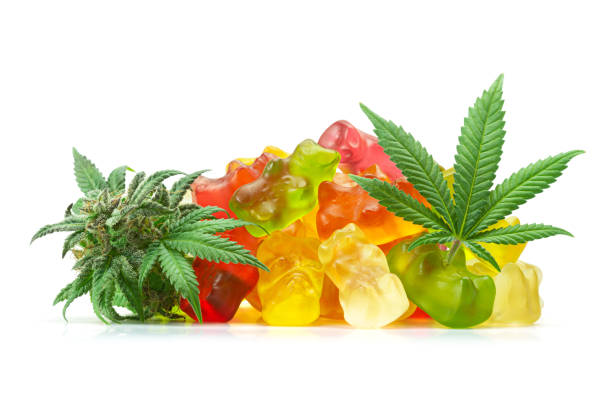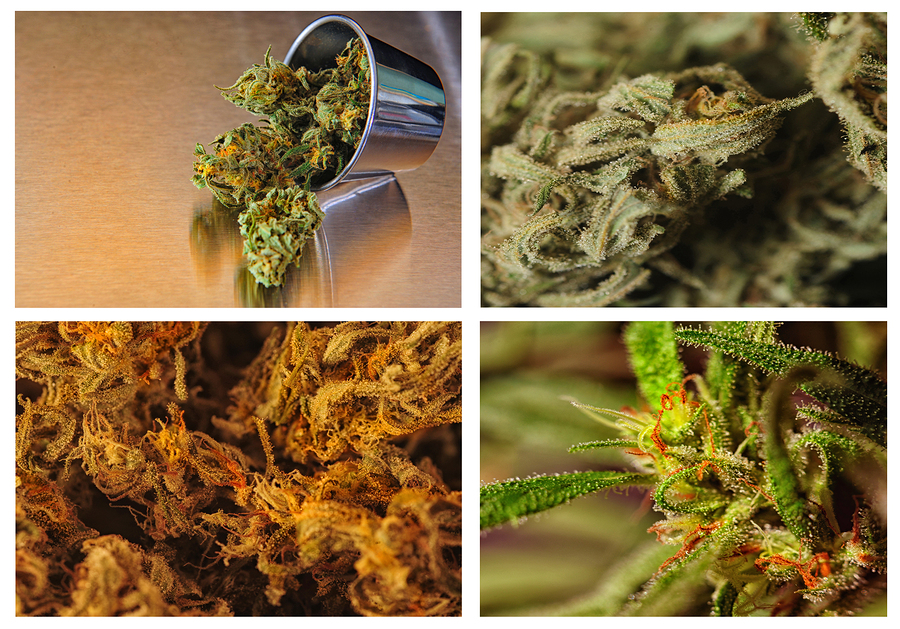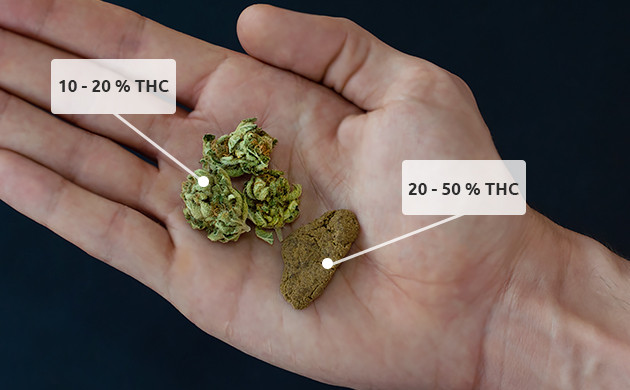
Neuroplasticity and Cannabis: How THC May Rewire Learning Pathways
The human brain is not a static organ. It has the remarkable ability to adapt, reorganize, and form new connections
FREE SHIPPING ON ORDERS OVER $99 | 10 points = $1

Burnout has become one of the defining challenges of modern life. With constant digital connectivity, high workloads, and rising stress, people across industries report exhaustion, lack of motivation, and reduced mental clarity. Traditional recovery methods—such as rest, therapy, and lifestyle changes—are essential, but many are now asking: can cannabis, and specifically THC, play a role in helping restore mental energy during burnout recovery?
Burnout is more than just being tired. The World Health Organization describes it as a syndrome characterized by three dimensions:
Burnout is not only a mental health concern but also has physical consequences, including insomnia, headaches, and weakened immunity. Because recovery requires both mental rest and physical rebalancing, cannabis is being explored as a possible tool to complement other self-care strategies.
THC, the main psychoactive compound in cannabis, binds with CB1 receptors in the brain’s endocannabinoid system. This system regulates mood, stress response, and energy balance. By influencing these pathways, THC can alter how we perceive fatigue, stress, and recovery.
While cannabis may support recovery, it is not a one-size-fits-all solution. The risks need to be acknowledged:
One approach gaining attention is THC microdosing—using very small amounts that do not cause intoxication but may still engage the endocannabinoid system. Microdosing could offer stress relief and mood balance without impairing daily function. Some users report better focus and emotional stability, which may be particularly useful for professionals recovering from burnout while still working.
CBD, a non-psychoactive compound in cannabis, may balance some of THC’s more intense effects. Using products with a THC:CBD balance can reduce the risk of anxiety while still offering relaxation and mental restoration. Other cannabinoids like CBN (linked to sleep support) and CBG (associated with mood regulation) may also play supportive roles in burnout recovery formulas.
For cannabis to be effective in burnout recovery, it should be paired with lifestyle strategies:
Cannabis, particularly THC, holds promise as a tool for managing burnout symptoms such as stress, low mood, and sleep disruption. However, it is not a cure on its own. Instead, it can act as a supportive ally, helping people find relief and create space for recovery when used responsibly.
Microdosing, balanced THC:CBD products, and mindful integration with self-care practices may maximize benefits while minimizing risks. Ultimately, burnout recovery is a holistic journey—cannabis may help recharge mental energy, but rest, lifestyle changes, and deeper reflection remain at the heart of long-term resilience.

The human brain is not a static organ. It has the remarkable ability to adapt, reorganize, and form new connections

In our fast-paced world, many people accumulate what’s known as sleep debt—a deficit that builds when you consistently sleep fewer